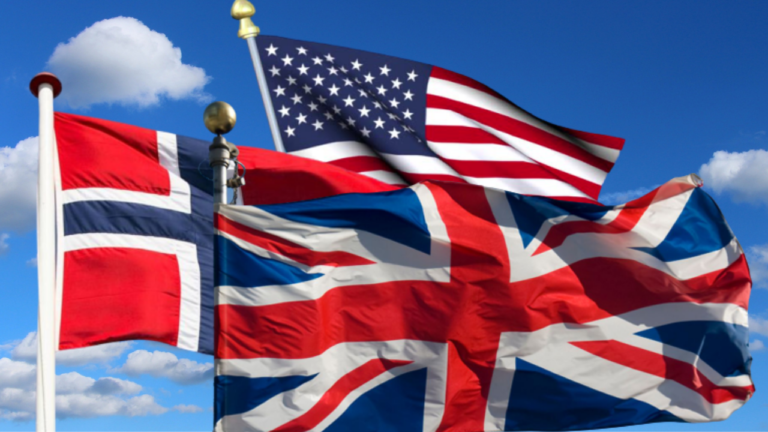By William Madouk
United Kingdom ambassador to South Sudan expressed concern over a shrinking political and civic space as the planned 2024 election approaches.
Ambassador Guy Warrington, during the 33rd R-JMEC monthly meeting, said a plan for the next 13 months is necessary to get the elections on a credible track.
“We are concerned about the lack of open, vibrant political and civic space,” said Amb. Warrington.
The Ambassador was speaking on behalf of the Troika countries—Norway, the United States, and the United Kingdom.
“The Troika believes that a precondition for any successful election process is a conducive environment where all stakeholders are allowed to meet the voters and freely share their views and visions for the country,” he added.
According to him, South Sudan is stirring in the wrong direction towards the long-awaited 2024 elections.
“If anything, South Sudan is currently moving in the wrong direction,” he adds. “Recently, a report by the UN Commission on Human Rights documented, and I quote, the systematic curtailment of democratic and civil space.”
Mr. Warrington underlined that a legitimate election result depends entirely on a fair, transparent, and credible process that allows eligible individuals to cast their votes freely without coercion or manipulation.
He maintained that it is only when the process adheres to the fundamental expectations of the people and to international and regional norms that it renders a legitimate result.
Ambassador Warrington cited that the report details how the security sector censors the press, interferes with civil society, suppresses opposition parties, and calls on the government to give open political space.
“Sadly, this report only serves as confirmation for what we see and hear from civil society, from journalists, and from political parties, yet to be recognized and respected as such. We await action from the transitional government to open the civic and political space,” said the UK envoy.
He appealed to the national parliament to fast-track and pass the amended National Security Services bill after security apparatus were stripped of the power to arrest without an arrest warrant.
“It is disappointing to see that the draft legislation has yet to be enacted by the transitional legislator. Revising legislation can only go so far in addressing the true conditions for civic and political discourse.
“However, its responsibility rests squarely on the transitional government, and no amount of financial resources is needed for its enactment. Sadly, the lack of political will and a sense of urgency to implement incremental changes to improve the space for disparate opinions and opposition views reflects poorly on the party’s commitment to a free, fair, and credible election process.”
He said there’s been no progress on security sector reform. “Without real integration of forces under a singular command structure, as well as strengthening and training the National Police Force as part of the preparations, elections risk bringing with them a return to the horrors of the past.”
Last month, Minister of Information Michael Makuei Lueth dismissed a report that the government and the National Security Service censor media work.
Though he admitted the removal of articles from newspapers, Makuei stressed that it was a means of protecting the public from hate speech and journalists from lawsuits.
Also, the Media Authority, a body that regulates the media industry, came out with a statement refuting the claims.
Call for freedom
The chairperson of the United Nations Commission on Human Rights, Yasmin Sooka, criticized the government for censoring the media, stressing that freedom of expression was an asset for the 2024 general elections.
In its report, the Human Rights Commission accused the National Security Service (NSS) of making themselves gatekeepers for media houses to filter out information that exposes or criticizes the government.
The report added that independent online media outlets were subject to stiff cyber-attacks and blockages by security organs.
The National Security Service Act 2014 allows the NSS to arrest or detain anyone without a warrant. Critics argue that giving national security much freedom deprives citizens of their rights and freedoms.
In December 2022, President Salva Kiir Mayardit and First Vice President Dr. Riek Machar Teny settled on scrapping the NSS’s power of arrest without a warrant.
The NSS Bill is now in parliament, awaiting its third and fourth final’ readings.
Parliament spokesperson John Agany said on Wednesday that the bill requires further review before it is passed.
“The national security bill is technical and a bill that deals with your life. We have to make sure that this law has been clearly scrutinized,” he told journalists.
After scrutiny by parliament, it will be passed and subsequently assented to by the president to become law.




